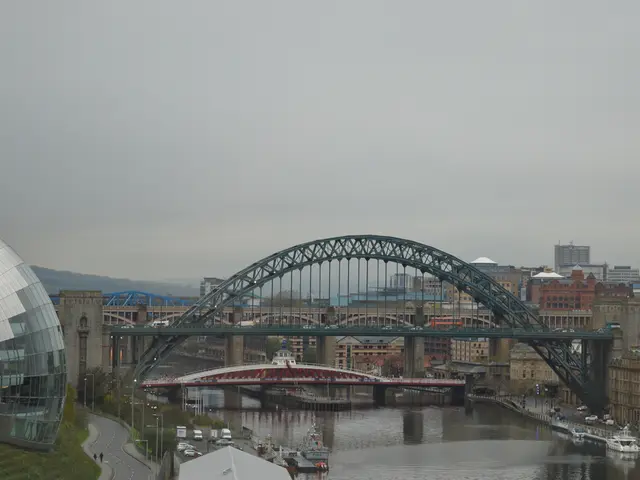Heavy Rain Floods Bangladesh's Rajshahi, Submerging Thousands of Hectares of Cropland
Heavy rain in Bangladesh's Rajshahi division has caused widespread flooding, with thousands of hectares of cropland submerged. The primary cause is the unplanned excavation of ponds for commercial fish farming, blocking natural drainage and leading to water stagnation.
Over the past two decades, hundreds of large ponds have been dug for commercial aquaculture in the region. This unregulated digging, often without proper drainage plans, has led to overflow onto nearby croplands during heavy rain. The recent downpour, with 61.6 millimetres recorded in Rajshahi between October 28 and October 31, exposed the problem.
The damage is significant: about 19,000 hectares of cropland, mostly with aman paddy, have been affected. Fish have been washed away into nearby wetlands, and farmers are facing substantial losses. Experts blame the uncontrolled digging of ponds and neglect of natural drainage systems for the crisis.
At least 19,568 hectares of cropland have been damaged across four districts in Rajshahi division. The number of ponds in Rajshahi district alone increased by 25% from 2015 to 2025, from 40,788 to 51,275. Pond owners' efforts to protect their fish by erecting dykes have exacerbated the problem, preventing rainwater from flowing into the river system. Authorities need to address the unplanned excavation of ponds and improve drainage systems to prevent future disasters.
Read also:
- Federal Funding Supports Increase in Family Medicine Residency Program, Focusing on Rural Health Developments
- Potential Role of DHA in Shielding the Brain from Saturated Fats?
- Alternative Gentle Retinoid: Exploring Bakuchiol Salicylate for Sensitive Skin
- Hanoi initiates a trial program for rabies control, along with efforts to facilitate the transition from the dog and cat meat trade industry.







